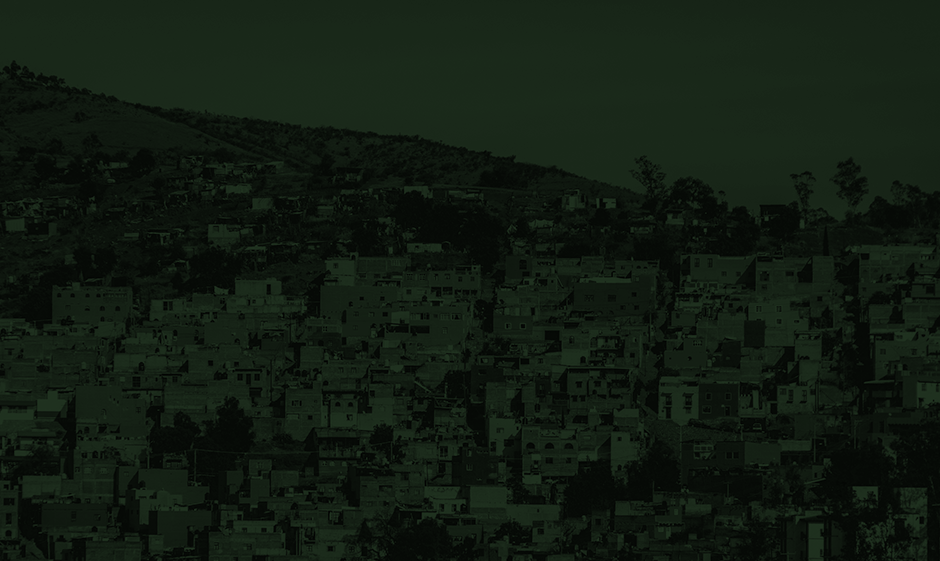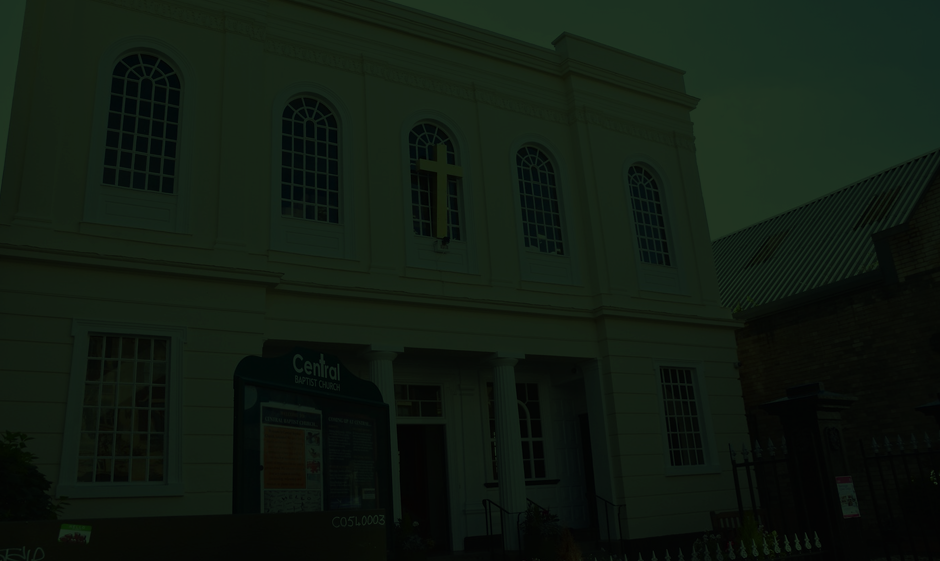
January Term 2025
Classes are forming now! This term runs from January 6th through April 12th! Check out our upcoming course offerings and faculty below!
Upcoming Courses
Check out our upcoming courses below. If you have questions about a particular course, you can reach out to the faculty member or email info@wciu.edu and someone from our enrollment team will gladly help you!
DS 511 - Foundations of Development Studies
Instructor: Dr. Danny Hunter, Day: Thursday, Time: 7 AM — 9 AM PST
The purpose of this course is to provide a chronological overview of the historical and cultural aspects of the global development of the biblical faith. An overview is given of the past and present with focus on understanding factors that enabled the biblical faith to continue to expand its ideal of "shalom" and implement transformational strategies in developing nations. The positive and negative impact of religion on culture and human development is examined as well as principles for effective crosscultural communication of biblical faith and practice.
DS 515 - International Development in the Contemporary World
Instructor: Dr. Yalin Xin, Day: Friday, Time: 7 AM - 9 AM PST
This course leads the student to analyze contemporary trends in history, resistance to the gospel, and the advance of the Kingdom, in all parts of the world. Development and its relationship to “missions” will be explored from the perspective of international authors and practitioners.
DS 652 - Project Planning and Management
Instructor: Dr. Diana Kimani, Day: Monday, Time: 9 AM - 11 AM PST
This course will provide skills on how to develop short-and-long-term plans at the organization and project levels to ensure the best use of resources and the greatest reach and impact.
DS 653 - Foundations of Creation CAre
Instructor: Lowell Bliss, Day: Wednesday, Time: 9 AM - 11 AM PST
This course introduces environmental relief, development, and advocacy (RDA) under the term “creation care” as a vital missional function of the Church. Students will consider five foundations of creation care based on the science of the current ecological crisis, Old and New Testament teachings, indigenous worldview, and the values/virtues which sustain a creation care practitioner. Students will consider how these foundations inform models—both theoretical and real—of practical creation care projects.
DS 690 - Capstone
Instructor: Dr. B, Day: TBD
This is the last MA course. Students develop a major project that integrates historical, biblical, and cultural principles to identify the root of a specific problem within a specific society and to propose solutions to that problem. Guidance is given by the instructor in selecting the topic, choosing and applying appropriate research methodologies, and in developing the final presentation.
DS 680 - Applied Learning
Instructor: Dr. Diana Kimani, Day: TBD
WCIU’s MA in Development Studies aims to enhance the effectiveness of scholar practitioners in their development work. Our students need to grow not only in scholarship, but even more in their ability to translate what they learn into improved performance in the field. The Applied Learning course requires students to evaluate their current level of practice, and then to work with a mentor/supervisor in the field to craft and implement a plan to enhance their development practice.
This course builds a biblical theology overview that connects the motif of the Kingdom of God to issues of poverty, oppression, community development, and church growth in urban poor communities.
TUL 500 – Visions for the Ideal City
Instructor: Dr. Viv Grigg, Day: Thursday, Time: 7 AM - 9AM PST
This course builds a biblical theology overview that connects the motif of the Kingdom of God to issues of poverty, oppression, community development, and church growth in urban poor communities.
TUL 530 – Building Faith Communities
Instructor: Dr. Viv Grigg, Day: Tuesday, Time: 7 AM - 9AM PST
This course applies a story-telling approach to the process of entering poor communities and developing holistic poor peoples’ churches in ways faithful to the values and goals of the Kingdom of God.
TUL 675 - Integrative Community Research Project
Instructor: Dr. Peter Nitschke, Day: Wednesday, Time: 7 AM - 9AM PST
In this course, students conduct the qualitative/participatory research projects they designed in TUL670. This culminates in the writing and oral presentation of a report that involves local residents in transformation.
Prerequisite: TUL 670.
GD 700 - Foundations to Development Studies
Instructor: Dr. Danny Hunter, Day: Monday, Time: 9 AM - 11 AM PST
The purpose of this course is to help students trace and assess the influence of the Bible, and those who have believed and championed it, on human civilization. Students think through the BIG questions of origins and the mysteries of existence in the light of Genesis One. A study of primeval history (Genesis 1- 11), including the entry of evil, is featured as the introduction to the Bible, the beginning of the Story and the stage upon which all subsequent drama is played out, examining its legacies for the world, good and bad.
The significance of the Abrahamic covenant and the patriarchs (Genesis 12-50) for the mission of God is studied, as well as the significance of elect Israel and the Jewish people for world redemption and civilization. The Biblical metanarrative is emphasized, as the story of our World, and the need and invitation for all to embrace it; History is “HisStory.” We explore the inauguration of the Kingdom of God, by Jesus the Messiah, the “Hinge of History.”
From there we trace the salient points of expansion of the Christian movement over the last 2000 years, noting periods of recession and renewal movements and the continued expansion as a global phenomenon, and the impact of the Christian movement on culture and human development It provides a chronological overview of the historical and cultural aspects of the global development of the biblical faith, with special attention to the biblical foundations for addressing the roots of human problems around the world. The positive and negative impact of the Christian movement on culture and human development is examined as well as principles for effective cross-cultural communication of biblical faith.
GD 725 - Research Methods I: Quantitative Research Methods
Instructor: Dr. Diana Kimani, Day: Thursday, Time: 9 AM - 11 AM PST
This course is intended to provide students with the knowledge and skills to do research in both the academic setting and in the practical world of development. The students will be equipped to develop meaningful research projects as well as analyze, interpret and report data using statistical techniques. Six major areas of quantitative research are examined with application to a specific area of research in which the student is currently working on.

Our faculty is multi-ethnic and globally based with years of on-the-field experience.
Our January term offerings feature courses taught by experts from around the world, facilitating a truly global classroom experience. Instructors model academic excellence, as well as a commitment to action. Our faculty share decades of ministry and work among the urban poor.










